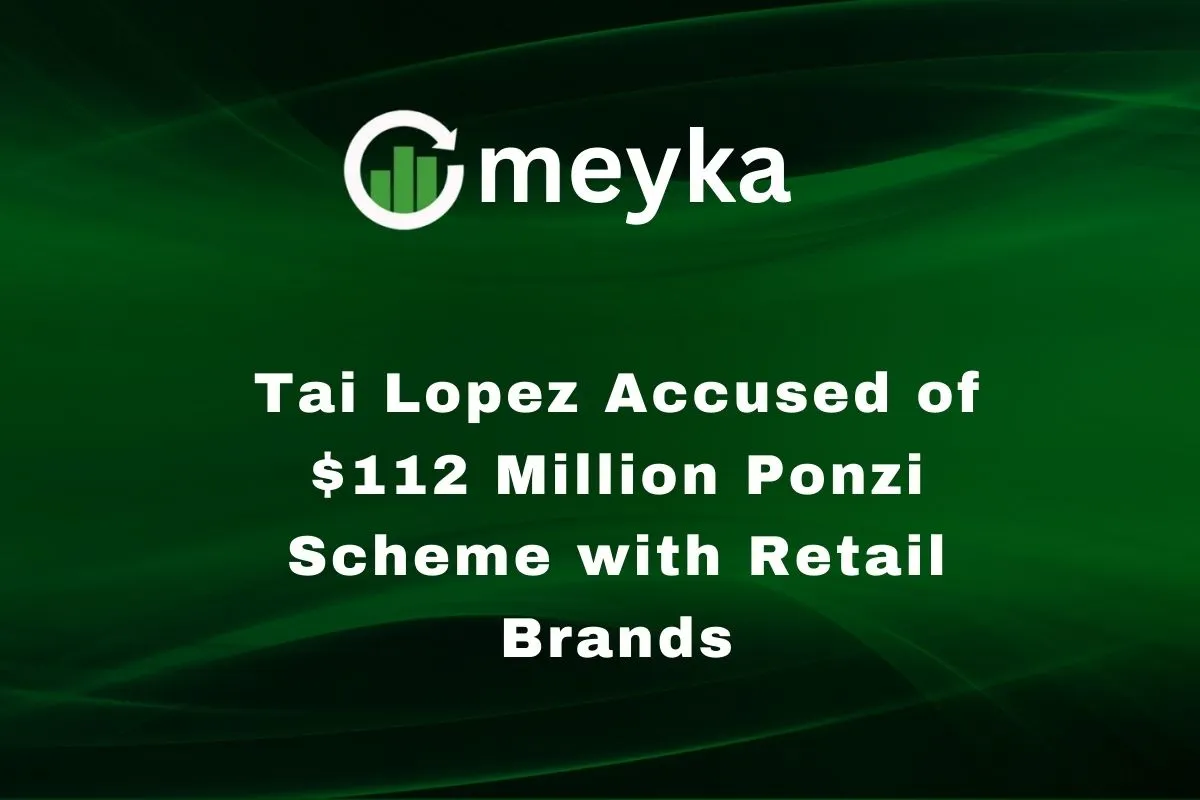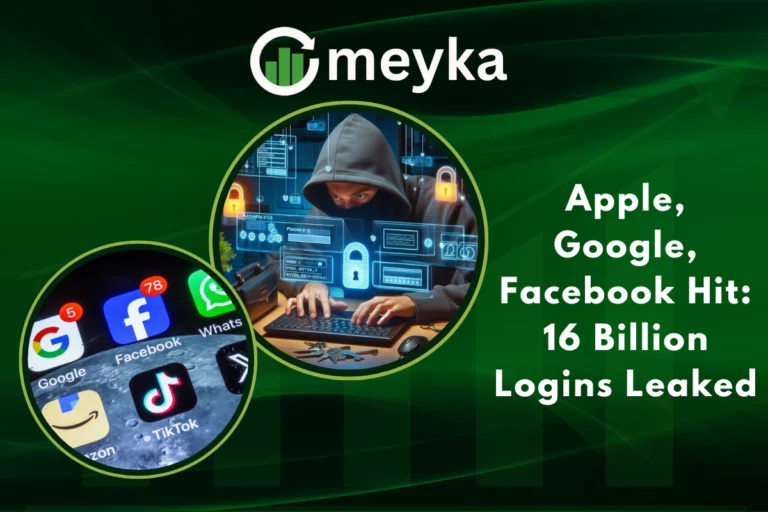Tai Lopez Accused of $112 Million Ponzi Scheme with Retail Brands
We all know Tai Lopez as a social media personality selling lifestyle and business ideas. But now a serious allegation has surfaced: he and his company are accused of orchestrating a $112 million Ponzi scheme through retail brand investments. Between 2020 and 2022, Lopez and his co-founder built a business called Retail Ecommerce Ventures (REV). They acquired failing store chains, names like RadioShack, Pier 1 Imports, Stein Mart, and Dressbarn, and promised to turn them into thriving online operations.
However, regulators say the reality looks very different. According to an SEC complaint, none of these brands ever became profitable, yet money continued flowing in from new investors to cover earlier obligations.
We explore how Lopez’s REV grew, how the scheme is alleged to have operated, what the legal filings claim, and the consequences for investors and brands caught in the storm.
Background on Tai Lopez
Tai Lopez gained public notice by promoting books, life advice, and business courses. His online presence grew through viral videos and social media. Over time, he expanded into various ventures, from education to investment. His partnership with Alex Mehr led to a more ambitious direction: using their influence and capital to acquire retail brands that were bankrupt or struggling. Their idea was that recognizable names could be revived, especially in e-commerce.
Retail Ecommerce Ventures (REV) and Brand Acquisitions
REV was founded around 2020. Its strategy was to purchase distressed but well-known retail brands. Among them: RadioShack, Pier 1 Imports, Dressbarn, Linens ’n Things, Stein Mart, and Modell’s. REV claimed it would rebuild these companies as primarily online operations. The logic: carry the nostalgia and brand recognition into a leaner digital model.
Investors were drawn in. Lopez and Mehr publicly described the moves as clever and disruptive. They held Zoom meetings, events, and promotional campaigns to attract capital.
The $112 Million Ponzi Scheme Allegations
The SEC’s complaint, filed in Florida, alleges that REV’s founders misled investors about how healthy their businesses were. They reportedly claimed that their portfolio brands were “on fire” and had strong cash flow, even though none were profitable.
To make investor returns appear legitimate, the SEC says Lopez and Mehr used a mix of funds:
- New money from later investors
- Loans and merchant cash advances
- Transfers between portfolio companies
Of the returns paid to investors, at least $5.9 million is alleged to have come from this Ponzi-style mixing, not from real profits. Meanwhile, $16.1 million is alleged to have been used for personal purposes by the founders.
The total amount allegedly raised and mismanaged is about $112 million.
Investor Attraction and Marketing Tactics
Lopez’s social media fame played a key role. His brand gave him reach and credibility. He and Mehr used that to pitch high returns. In Zoom calls and promotional materials, they positioned REV as an exciting way to invest in retail revival.
They promised that funds would be strictly allocated, and each investment would go to a specific brand. The SEC says that was not true. Funds were moved around among companies and toward covering shortfalls.
Lopez often used terms like “strong cash flow” or “on fire” to describe the brands, even when internal results didn’t support those claims.
Financial Struggles and Business Collapse
Soon, cracks appeared. Despite revenue, none of the acquired brands made consistent profits. REV began to incur heavy losses. Some months showed net losses between $3.8 million $12 million across brands. By 2023, REV’s creditors had foreclosed on assets. The company filed for Chapter 11 bankruptcy protection. The assets, trademarks, and brand rights were transferred to a new entity, Omni Retail Enterprises.
Internal whistleblowers and ex-employees later reported irregular financial activity, which triggered deeper SEC scrutiny.
Legal Proceedings and Current Status
The SEC’s complaint names Lopez, Alex Mehr, and REV’s COO, Maya Rose Burkenroad. Lopez and Mehr are charged with making misleading statements to investors, misusing funds, and breaching trust.
The complaint seeks civil penalties, the return of misused funds (disgorgement), and prohibitions on serving as company officers in the future. The SEC is not necessarily asking for criminal charges in this filing. REV no longer operates in its original form. Its assets now belong to Omni.
As of now, the legal process is underway. Courts will determine liability, restitution, and other sanctions.
Impact on Investors and Brands
Many investors reportedly lost significant sums. The alleged misuse of funds means their promised returns were not backed by sustainable business results. The retail brands themselves remain in uncertain states. Some may survive under new management; others may be further liquidated or licensed.
Employees, vendors, and associated stakeholders have been affected, too. When businesses collapse or shift hands, contracts and jobs often suffer.
Ponzi Schemes in the Digital Age
This case is an example of how modern influence and online reach can enable large-scale schemes. A trusted public image can make risky investments look safe. The mechanics are familiar: promise high returns, mix investor funds, and keep the cycle going until collapse. What makes cases today different is the speed, scale, and ability to reach many people globally via social media.
What Lies Ahead for Tai Lopez and REV
If the court finds Lopez and Mehr liable, they may face large financial penalties and bans on leadership roles. The SEC may force them to return ill-gotten gains. The collapse likely tarnishes Lopez’s business brand and future ventures. For REV’s acquired brands, their future depends on how Omni and other successors restructure or sell them.
Conclusion
Tai Lopez’s involvement with Retail Ecommerce Ventures has shifted from a bold business experiment to a high-stakes legal battle. Accused of orchestrating a $112 million scheme, he now faces serious scrutiny. The rising profile of this case shows how modern investment, fame, and commerce can clash, and why detailed, transparent accounting matters more than ever.
Disclaimer:
This content is for informational purposes only and is not financial advice. Always conduct your research.






